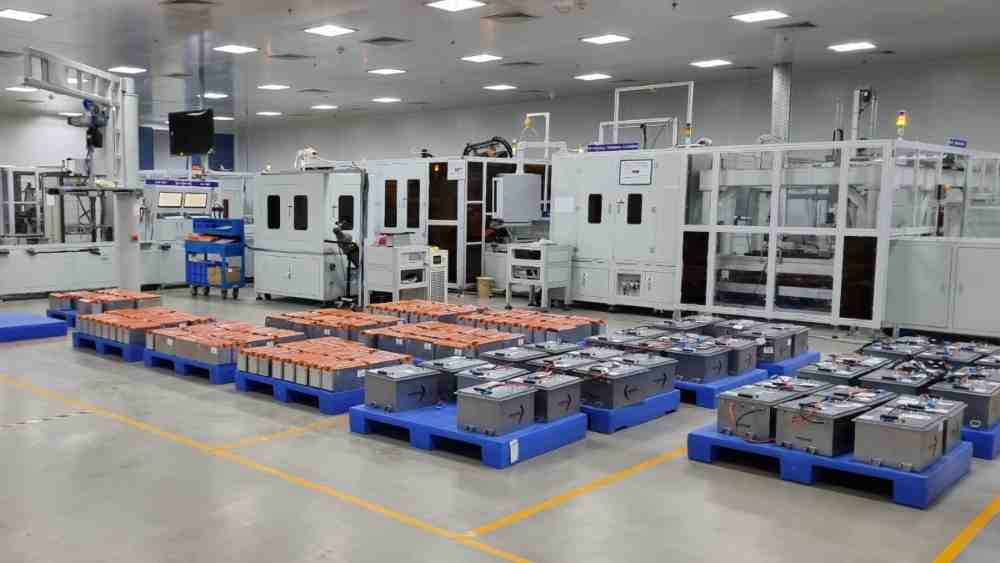Tata’s Game-Changing Battery Factory in Gujarat
On Friday, the Tata group and the Government of Gujarat reached an outline agreement for the construction of a factory for lithium-ion cells. The factory will require an investment of approximately Rs 13,000 crore, or $1.6 billion. India is looking to establish its own supply chain for electric vehicles (EVs).
The decision to establish the EV battery plant in Sanand, Gujarat, was made earlier this week at a Tata Sons Board meeting, according to sources close to the development. Tata Motors has acquired the nearby Ford Motors plant and already operates a plant at Sanand. Integration of both the plants has begun and could take up to a year to complete.
According to a joint statement on the Memorandum of Understanding (MoU) between the Gujarat Government and Tata’s unit Agratas Energy Storage Solutions, construction on the plant is anticipated to begin in less than three years. According to the statement, the initial manufacturing capacity would be 20 gigawatt hours (GWh), which could be doubled in a second expansion phase. Work on the plant to begin in under three years
Choice on the plant taken at a Goodbye Children executive gathering recently. Fabricating ability to be multiplied in second period of extension In April, JLR said it would put almost $19 billion out of five years to reposition itself as an electric-first and current carmaker

“As the State Government focuses on a dream to lessen fossil fuel byproducts by expanding the creation of electric vehicles, dependence on lithium-particle batteries will likewise increment essentially as EV utilization builds,” the assertion said. “The statement continued, “This project will assist in establishing an ecosystem for manufacturing lithium-ion cells in the state.”
In April, Panther Land Wanderer (JLR), an auxiliary of Goodbye Engines, had declared its zap plan. As part of its strategy to reposition itself as an electric-first and modern car manufacturer, JLR stated that it would invest £15 billion, or nearly $19 billion, over the course of the next five years. The JLR plant in Wolverhampton, UK, will produce electric drive units and battery packs for its next-generation vehicles as part of this strategy. The JLR plant currently produces the internal combustion engines for its vehicles, which are made by Ingenium.

Sources said another battery plant from the Goodbye stable could either come up in the UK or in another European objective. The precise location has not yet been determined. As per late reports, Goodbye Gathering Director N Chandrasekaran is probably going to meet English PM Rishi Sunak soon.
India’s automobile market is insignificant in comparison to its population. Tata Motors sells the most electric vehicles, which only made up 1% of the 3.8 million cars sold in India last year.


